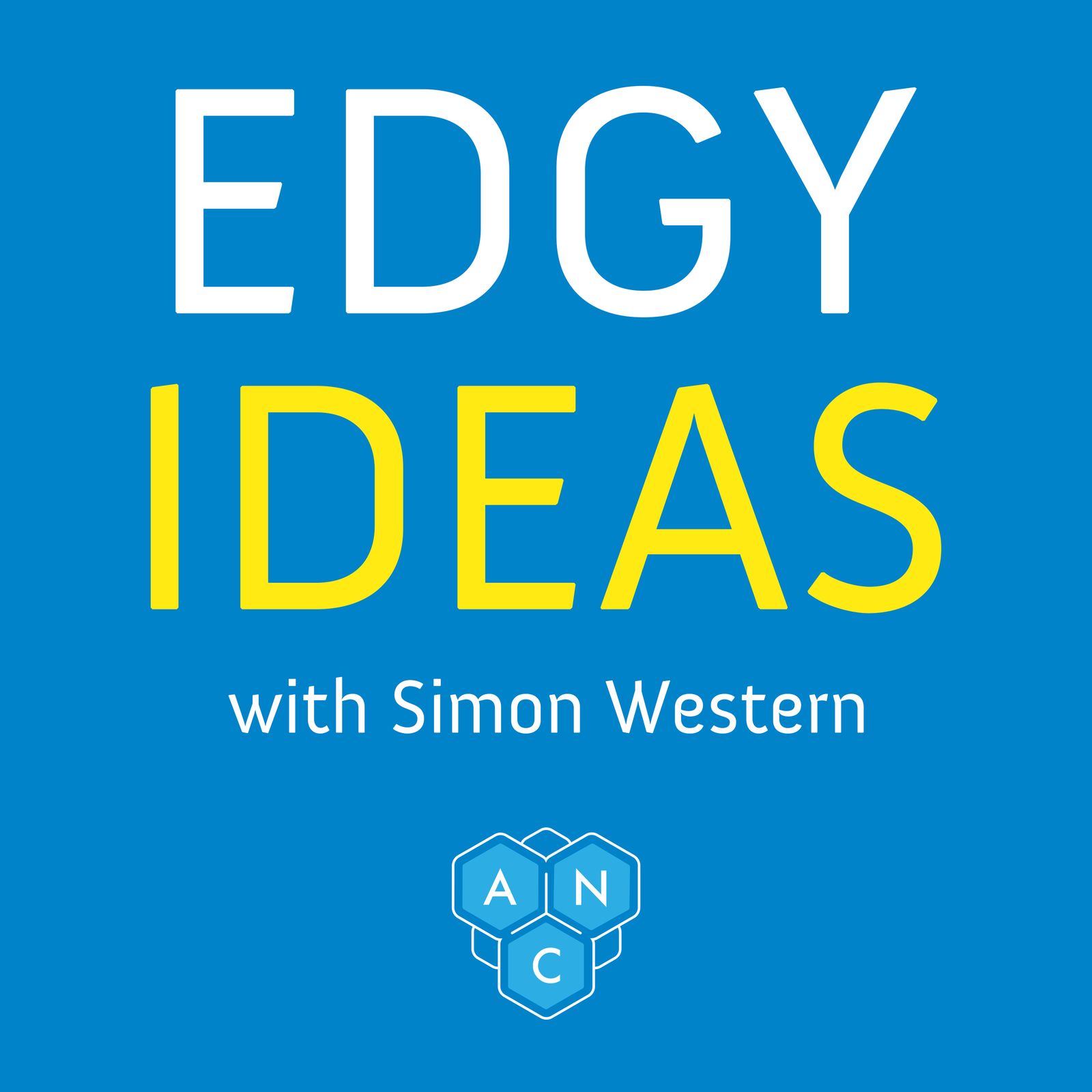Well-Being at Work with Sir Cary Cooper
Description
In this podcast, Professor Cary Cooper shares his extensive experience of working to create healthier and happier workplaces. Cary shares his belief that in times of rapid social change, organizational workplaces are more important than ever as sites that can provide healthy environments that support our well-being. Cary identifies key turning points that informed his work; firstly in the 1970s stress was for the first time identified as a big challenge, and the response was to support the individual to cope with their stress better, e.g. stress management and responses such as today's mindfulness. In the 2008 financial crash and the subsequent 'job restructuring' when organizations stripped their workforce to the minimum, Cary observed a change in workplace responses when a manager said to him that the number one challenge he had was staff retention. This began a shift whereby organizations weren't so concerned with managing individual stress but realized they had to provide workplaces that offered healthy environments where employees could flourish, in order to ensure their well-being, get the best performance from them and to retain them.
Cary identifies the line manager as perhaps the key ingredient for a healthy and productive workplace. Most line managers are chosen for their technical ability, and yet their role is vital in terms of people management skills. Reflecting on the UK's focus on growth, he points to the lack of a policy that focuses on this key area of people management; improving this he believes would be vital to increase growth.
Cary reflects on his personal journey and shares that his life from an Eastern European Jewish working-class background story continues to impact on him, citing the constant need to 'prove himself' as the driver of his success.
This is a wonderful podcast with one of the great figures of our generation, who has contributed to organizational health and well-being.
Enjoy the listen!
Bio: Professor Sir Cary Cooper
Cary L. Cooper is the 50th Anniversary Professor of Organizational Psychology and Health at the Alliance Manchester Business School, University of Manchester. He is a founding President of the British Academy of Management, Immediate Past President of the Chartered Institute of Personnel and Development (CIPD), former President of RELATE and President of the Institute of Welfare. He was the Founding Editor of the Journal of Organizational Behavior, former Editor of the scholarly journal Stress and Health and is the Editor-in-Chief of the Wiley-Blackwell Encyclopaedia of Management, now in its’ 3rd Edition.
He has been an advisor to the World Health Organisation, ILO, and EU in the field of occupational health and wellbeing, was Chair of the Global Agenda Council on Chronic Disease of the World Economic Forum (2009-2010), then served for 5 years on the Global Agenda Council for mental health of the WEF, and was Chair of the Academy of Social Sciences 2009-2015. He was Chair of the Sunningdale Institute in the Cabinet Office and National School of Government 2005-2010. Professor Cooper is currently the Chair of the National Forum for Health & Wellbeing at Work (comprising 40 global companies e.g. BP, Microsoft, NHS Executive, UK government (wellbeing lead) , Rolls Royce, John Lewis Partnership, etc.). Professor Cooper is the author/editor of over 250 books in the field of occupational health psychology, workplace wellbeing, women at work and occupational stress. He was awarded the CBE by the Queen for his contributions to occupational health; and in 2014 he was awarded a Knighthood for his contribution to the social sciences.
More Episodes
Psychoanalysis and Humanising the Workplace
Gabriella Braun, a renowned consultant and author, delves into her fascinating journey, sharing her insights from her latest book, All that we are: Uncovering the Hidden Truths Behind Our Behaviour at Work. Gabriella discusses how psychoanalytic...
Published 09/26/24
Published 09/26/24
Kate Moger is the Global Director of Pledge for Change, an NGO representing a mutual commitment towards building a stronger aid ecosystem based on the principles of solidarity, humility, self-determination and equality. Kate shares her journey in the humanitarian sector and her vision for...
Published 07/16/24


